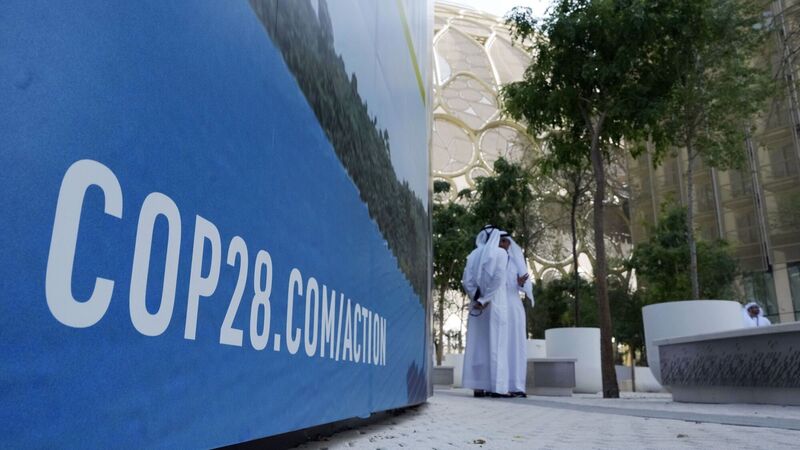Irish Examiner view: Cop28 eating the elephant a bite at a time

Cop28 in Dubai: Experienced politicians are aware of the accusation that the road to net zero can run through the homes of the poor and those on low fixed incomes. Picture: AP Photo/Peter Dejong
















